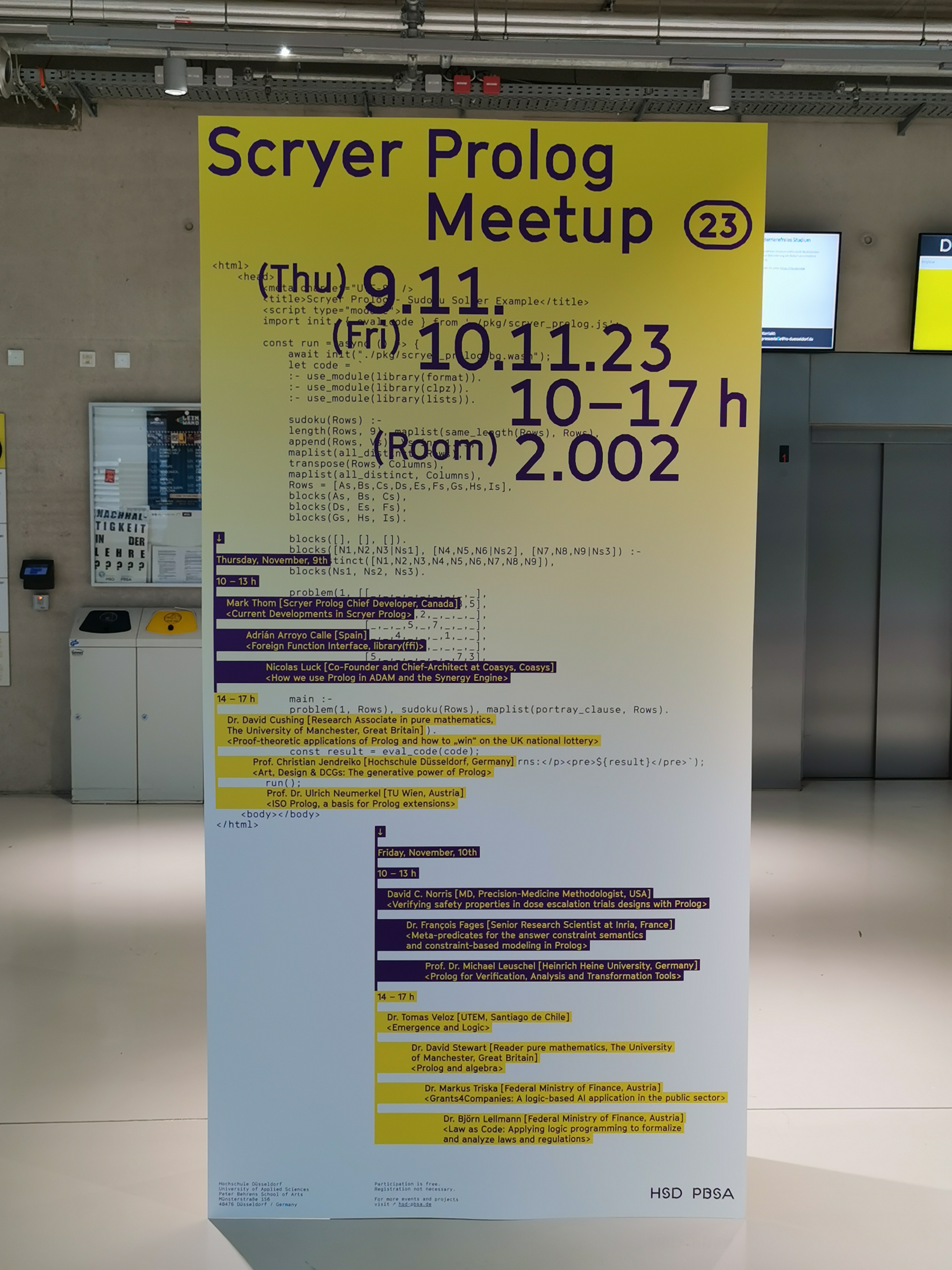AFAIK Solaris and Haiku don’t have an OOM Killer by default. malloc just fails if the kernel can’t provide enough memory.
- 3 Posts
- 12 Comments

 5·3 months ago
5·3 months agoStrongly typed is not an opposite of gradually typed. I think you mean statically typed. Strong / Weak refers to how type casts are possible.

 2·3 months ago
2·3 months agoUsually iD, but sometimes Vespucci and JOSM (I use it when I have som GPS data alongside).

 2·3 months ago
2·3 months agoIn Spain, I think only ING has this cashback procedure that allows you to withdraw cash from supermarkets, but it’s only for its own clients. It’s not very popular and I have to admit, that as an ING client, I’ve never use that feature. More traditional banks still have lots of ATMs and banks like ING cover the ATM fees if you withdraw enough money (if you withdraw 200€ in one go, it’s free for example).

 24·3 months ago
24·3 months agoI agree that Alpine Linux shouldn’t be recommended to newbies but I don’t like the explanation. Distros like Alpine Linux are good for the whole Linux ecosystem, as they avoid monoculture and bring diversity to the software, which in turn they foster competition. Like a biological ecosystem, betting everything into one particular specie is a recipe for disaster. Some examples: Glibc has found many bugs because musl did things differently, and it turned out that glibc was not following the standard (also musl had bugs on its own), GCC was stuck until Clang came out and developers started to prefer Clang,…
VLC ships their own codecs which is great on Windows, but a bit suboptimal on a typical Linux desktop installation since you’re probably going to have GStreamer or ffmpeg available too for the rest of the software like video editors, web browsers, etc

 0·7 months ago
0·7 months agoIPv6. Lack of IPv4 addresses it’s a problem, specially in poorer countries. But still lots of servers and ISPs don’t support it natively. And what is worse. Lots of sysadmins don’t want to learn it.
I always found “find” very confusing. Currently, I’m using “fd”, which I think has a more sensible UX
Supercomputers are usually just a lot of smaller computers that happen to be connected with very efficient networking. Then you use something like MPI to simulate a big pool of shared memory.

 2·1 year ago
2·1 year agoYes, I think port forward and domain name is required not just for Lemmy but for every ActivityPub service (Kbin too).

 3·1 year ago
3·1 year agoMy custom blog, Syncthing and now I’m trying Lemmy and Mastodon. Let’s see how it goes!




Flatpaks are easier to use in most distros. If you’re using NixOS, then Nix of course. But if you want to do a lot of CLI stuff, then Nix may be better too.